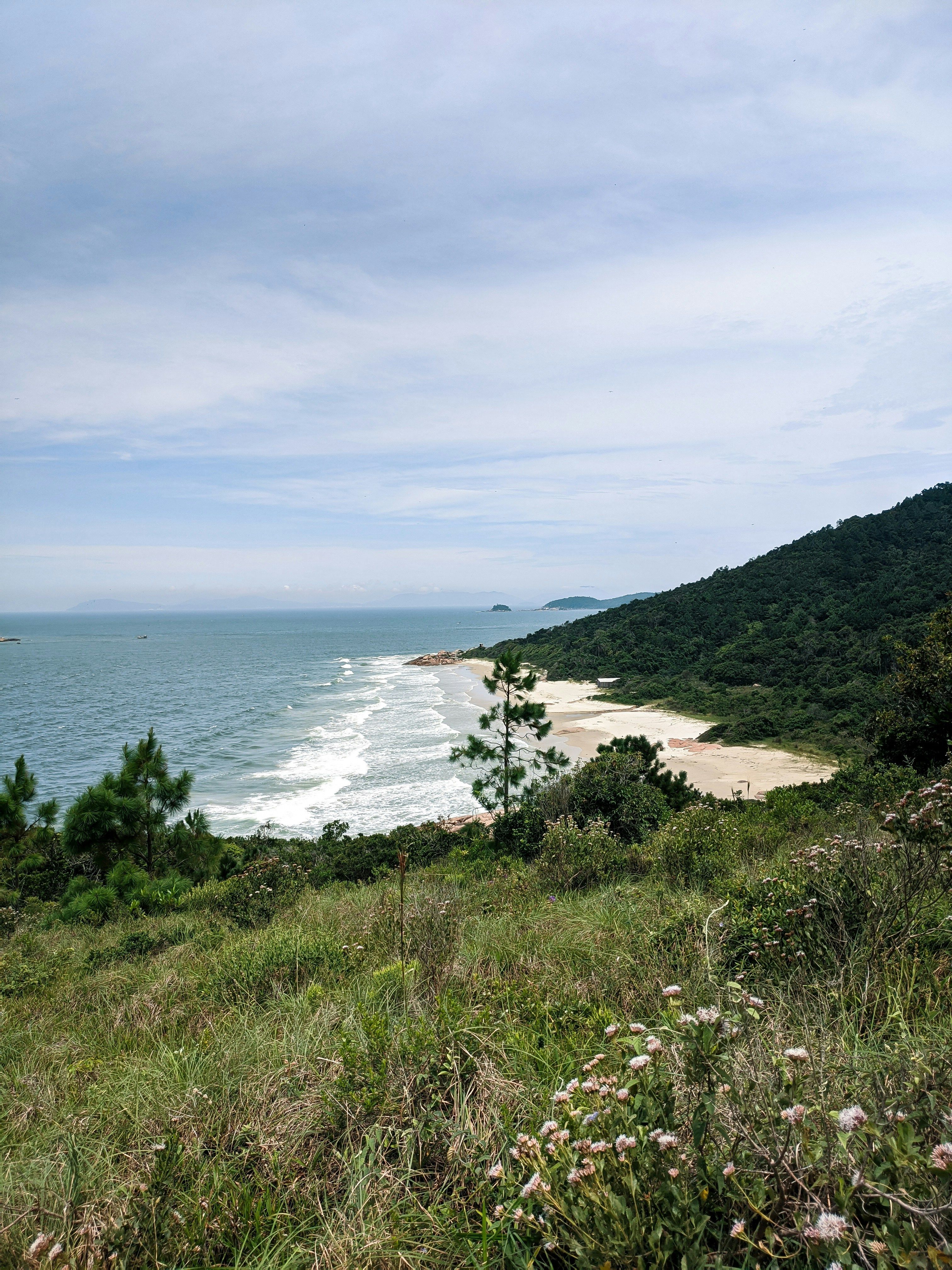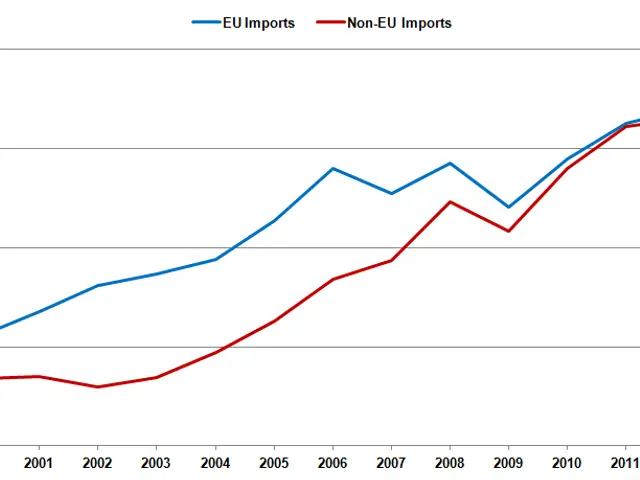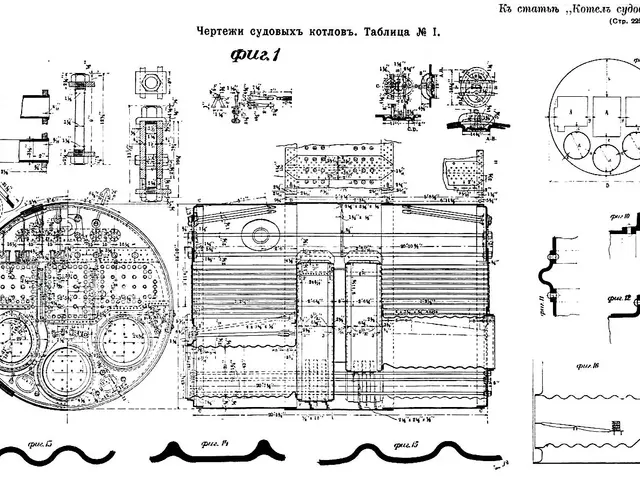Potential Consequences of Trump's Influence on Australian Conservative Politics, Following His Impact in Canada's Elections
In the dust of a Canadian election hinging on resistance against US President Donald Trump, another liberal democracy finds itself entangled. The focus is now on Australia, which heads to the polls this Saturday during a period of global financial instability caused by Trump's trade tariffs on allies worldwide, including Australia.
As in Canada, Australia's opposition, the conservative Coalition, was favored before Trump's return to power. Public fury over cost of living issues and record-high home prices originally propelled the Coalition. However, voters' worries about how the government will handle Trump have eroded its support.
Recent polls suggest the center-left Labor Party, led by Prime Minister Anthony Albanese, has a lead over the Coalition. The Coalition's leader, Peter Dutton, has moved the Liberal Party (the larger of the two parties in the conservative Coalition) further to the right since taking charge in 2022.
Dutton's rightward shift includes pledges to cut 41,000 public service jobs, proposals to decrease legal migration to Australia, and the appointment of a shadow minister for government efficiency. These policies have earned him the nickname "DOGE-y Dutton" from his opponents.
Dutton claims to be a self-made man, yet his association with Trump appears to be a liability among Australian voters, according to John Blaxland, a professor of international security and intelligence studies at the Australian National University.
"Dutton, perhaps overzealously, endorsed President Trump's victory without recognizing how difficult that would make his position - not with the radical right, but with swing voters, the heart of every election in Australia," Blaxland said.
A poll released last month by the Lowy Institute, a research foundation, found only 36% of Australians expressed any level of trust in the United States - the lowest in the annual poll's two-decade history.
Blaxland described Trump's disregard for long-established alliances and his transactional approach to foreign policy as "disorienting" for politicians, policymakers, and voters in Australia, where voting is mandatory.
Trump's administration's "short-term, realist, transactional approach to its relationships is deeply unsettling and corrosive of goodwill," he said.
Trump has treated Australia as just another freeloader, imposing a 10% tariff on all exports to the U.S., defying the usual pattern of a U.S. trade surplus with Australia. However, despite widespread disapproval of Trump's tariffs (81%), the majority (80%) of Australians still consider the U.S. alliance crucial for Australia's security.
Australia faces an economic and security challenge: balancing security ties with the U.S. and trade interests with China. Albanese has focused on mending relations with China, which soured under the previous conservative government, prompting China to impose punishing trade restrictions.
China is Australia's largest trading partner, accounting for 25% of the country's goods and services trade in 2023-24. The U.S. is Australia's third-largest trading partner and largest source of foreign investment.
If the U.S., which has imposed 145% tariffs on Chinese imports, severely damages China's economy, the impact on Australia could be substantial, experts warn. Australia could risk being caught in the middle if the U.S. tries to pressure its allies to reduce their economic ties with China.
"So much of our future prosperity is tied to Chinese growth," said Stuart Rollo, a postdoctoral research fellow at the Centre for International Security Studies at the University of Sydney. "For us to disconnect from that because we need American protection forever—that's a huge cost for Australian living standards moving forward."
On the other hand, without the U.S., Australia would lack crucial military technology and be less protected against Chinese aggression. Australia's vulnerability was evident in February, when Chinese military live-fire drills off the country's coast forced numerous commercial flights to reroute.
Australian politicians on both sides of the aisle maintain their commitment to AUKUS, the security pact among Australia, the U.S., and Britain, even as Australians question whether they can still rely on U.S. support for their defense.
Under AUKUS, Australia is set to acquire several nuclear-powered submarines from the U.S. as a deterrent against China. However, Australia would struggle to fund these submarines without its trade relationship with China, as explained by James Laurenceson, director of the Australia-China Relations Institute at the University of Technology Sydney.
"This is a big cost problem for a small economy like Australia," he said. "We can't afford to go all-in on AUKUS, all-in on the United States, all-in on containing China and imagine that our trade with China, which is paying for our submarines, can be maintained. It can't."
Both Albanese and Dutton have downplayed any concerns about U.S. relations, but Laurenceson believes that cracks are emerging in bipartisan support for the alliance.
"We'll say that our security alliance with the U.S. is more than just about one administration," he said. "Yes, that's true, but Trump is certainly challenging that."
Recommended:
- world: World Affairs
- War in Ukraine: Latest updates on the Russian Invasion of Ukraine
- "The Crown": Australian Actor Questions Accuracy of Historical Portrayals
- The economic and political landscape of Australia is significantly influenced by global events, such as the current trade tensions with the United States, which has led to a decrease in support for the conservative Coalition.
- In the lead-up to the Australian elections, investment in stocks and markets may be affected by the political stance of the parties on issues like trade with China, funding for public services, and immigration policies.
- The political tension between the United States and China, driven by war-and-conflicts and politics, is causing challenges for Australia, as it seeks to maintain its security ties with the U.S. while preserving trade interests with China.
- The handling of war-and-conflicts and politics by political leaders, such as President Trump and Prime Minister Albanese, plays a crucial role in shaping the general news and economic climate of countries like Australia.










